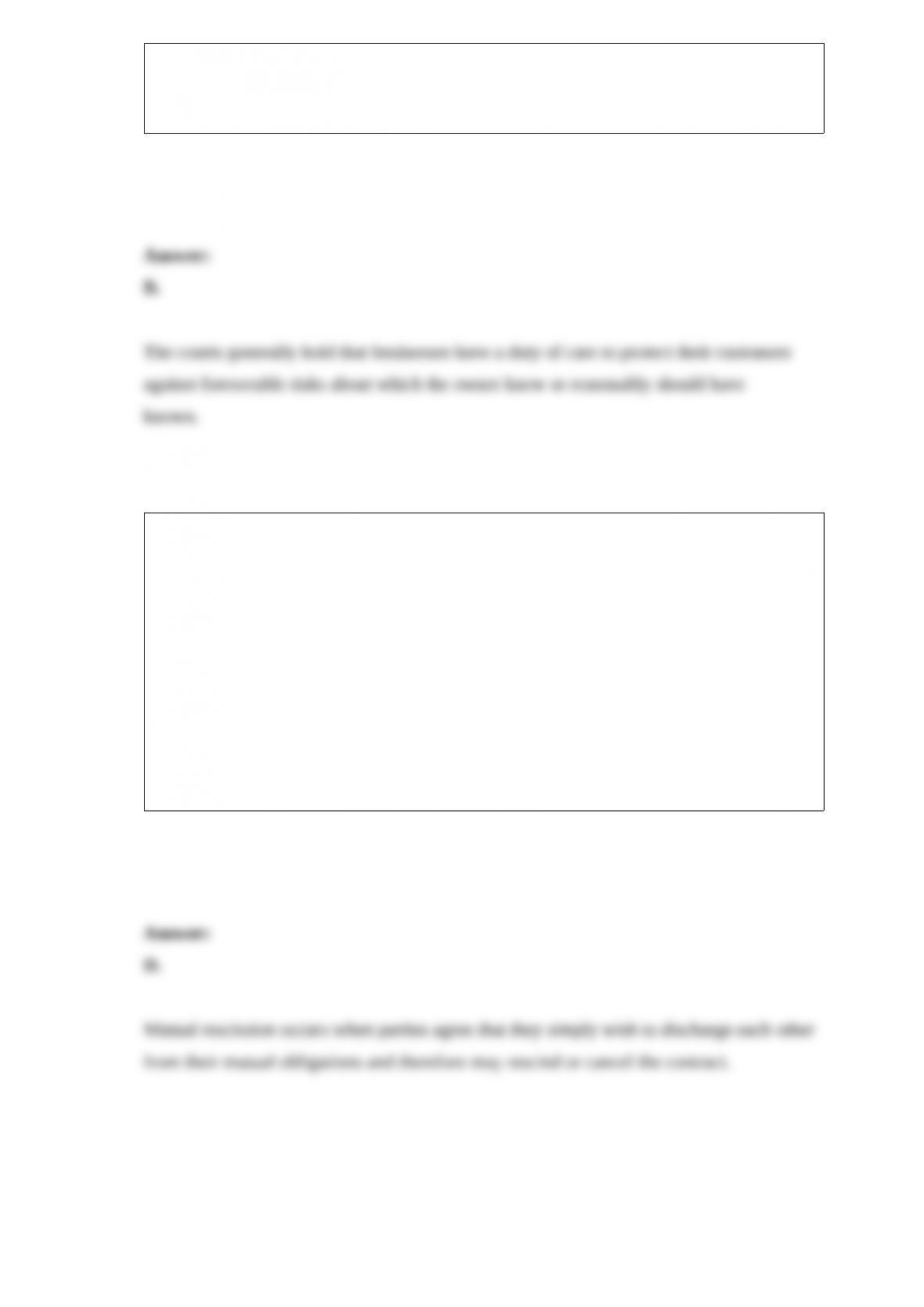Angry employee. Martin is in charge of payroll and other expenses for ABC, Inc. He
becomes very angry with his boss Adam because Adam started dating Martin's
girlfriend Stacy. Martin decided to quit but not before he got some extra money from
ABC, Inc. Martin wrote five checks from the account of ABC, Inc. to pay off the five
credit card companies that Martin owed money. The credit card companies took the
checks without reason to be suspicious as to the source of payment. The checks to the
credit card companies in total amounted to $30,000, and each check was in an amount
under $10,000. Martin also made out ten checks on the account of ABC to twenty
alleged employees who did not really exist. Each of these checks was in the amount of
$5,000. Martin took the checks, endorsed and cashed the checks in the names of the
various fake employees, and kept the cash. Finally, Martin discovers through office
gossip that Adam has been looking for another job with XYZ, Inc. located in a
neighboring state and that Adam is supposed to go there for an in person interview in a
few weeks. Martin sets up an interview with XYZ, Inc. pretends to be Adam, and
induces XYZ, Inc. to give him, posing as Adam, a check for $5,000 as a signing bonus.
Martin immediately endorses the check pretending to be Adam and pockets the cash.
Finally, Martin leaves town heading for the Caribbean. Is XYZ, Inc. entitled to a refund
from its bank for the check the bank paid to Martin posing as Adam?
A. Yes, because Martin forged Adam's name.
B. Yes, because Martin posed as an imposter in regard to Adam.
C. Yes, because the XYZ, Inc. has a cause of action against Martin and can likely get a
default judgment.
D. No, because of the imposter rule.
E. No, because of the fictitious-payee rule.
Which of the following is true regarding the protection of "fighting words" under the
First Amendment?

































































